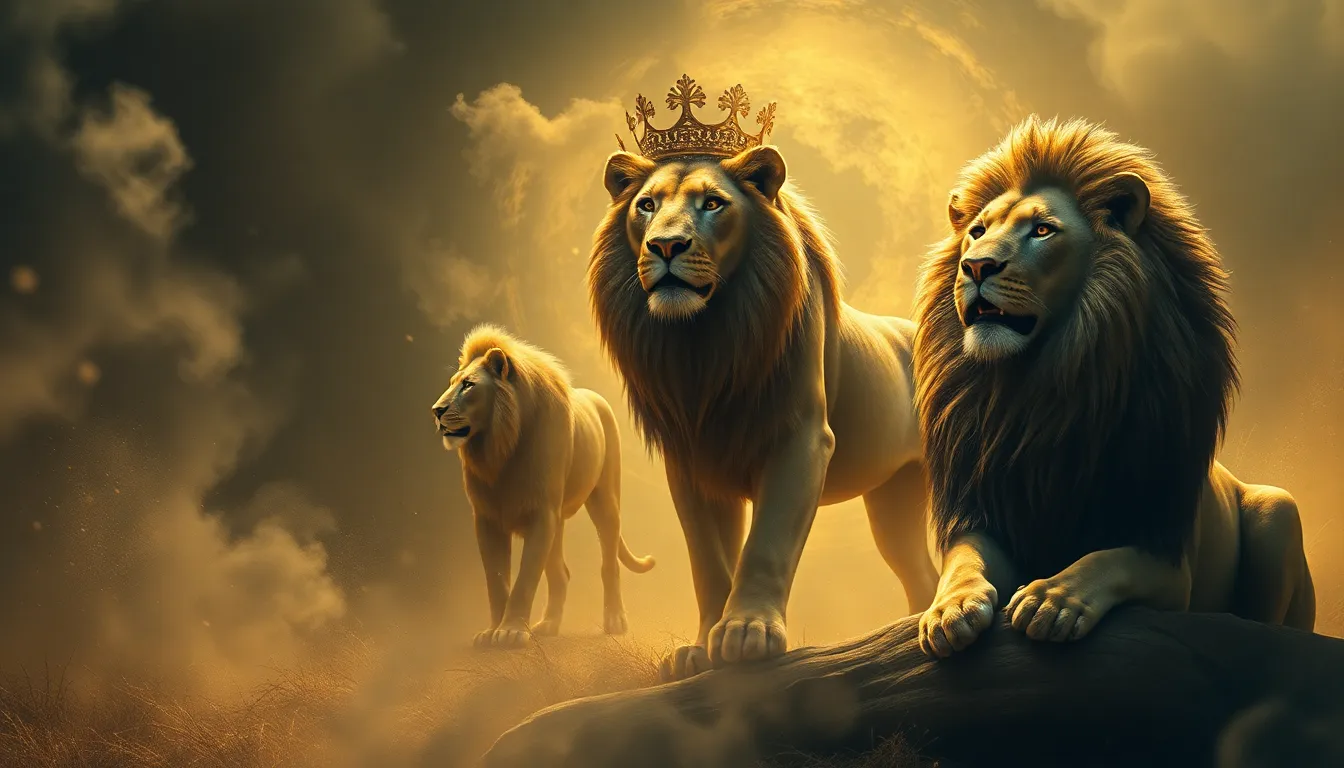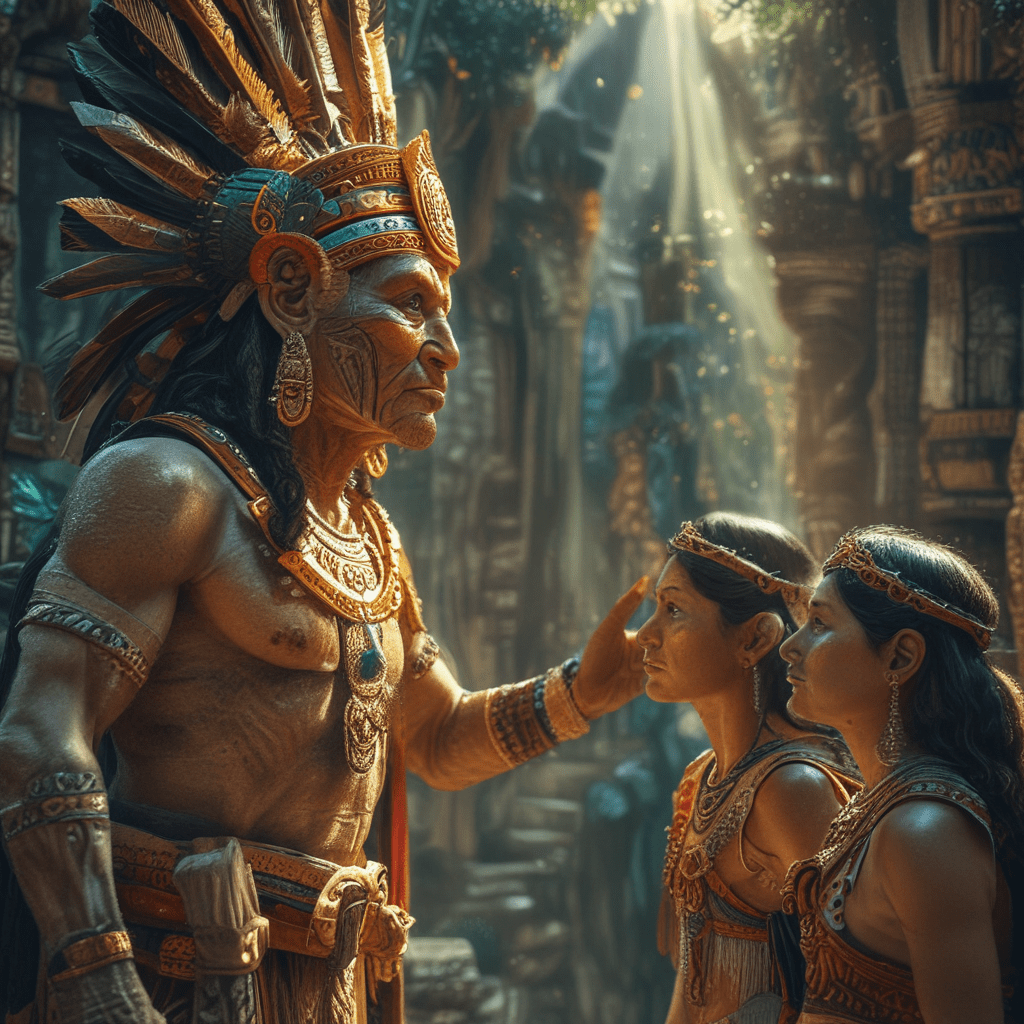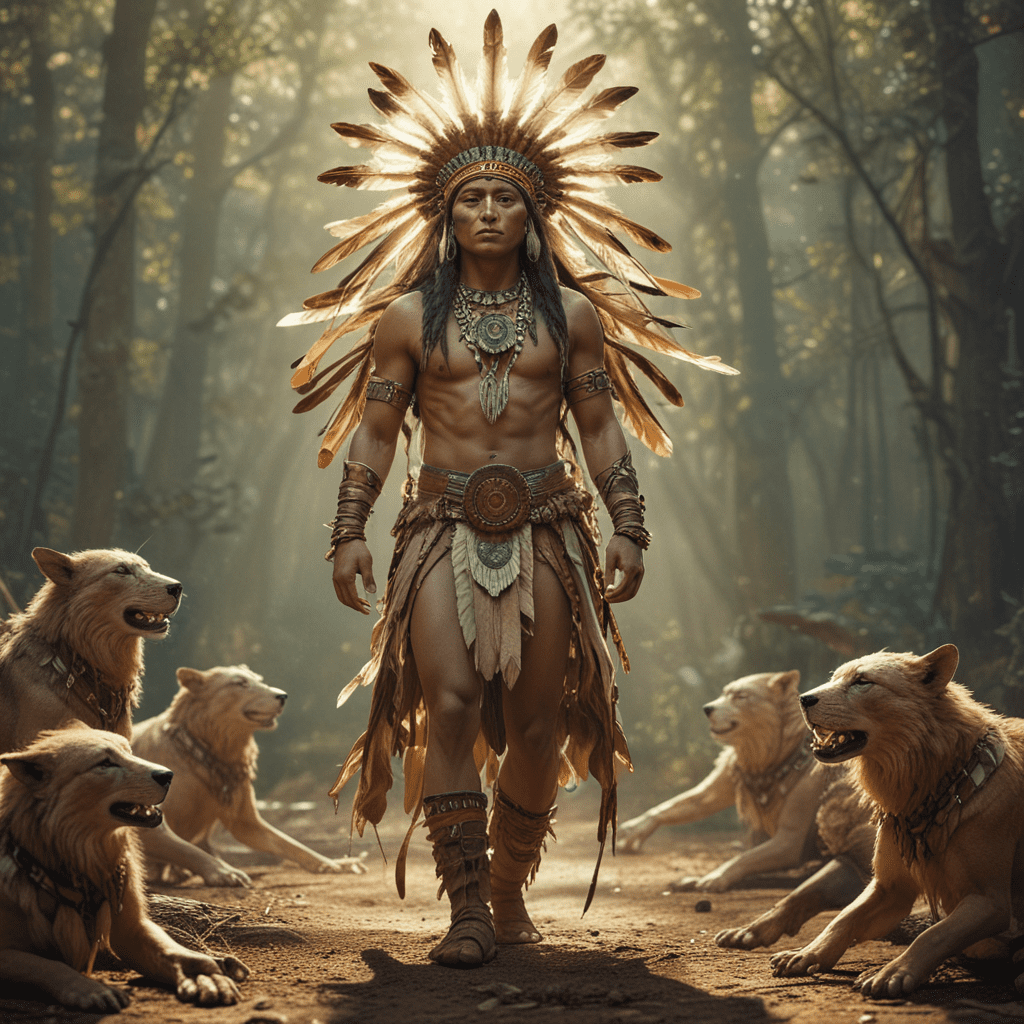The Symbolism of Lions in Myth: Kings of the Animal Kingdom
Introduction: The Lion as a Cultural Icon
Lions have long been revered as majestic creatures, embodying strength, courage, and nobility. Across various mythologies and cultures, the lion stands as a potent symbol of power and royalty. Its commanding presence has inspired countless stories, artworks, and religious symbols, solidifying its place as a cultural icon throughout history.
This article explores the multifaceted symbolism of lions in myth, examining their roles in ancient civilizations, religious contexts, and modern interpretations, ultimately highlighting their enduring legacy as the kings of the animal kingdom.
Historical Context: Lions in Ancient Civilizations
The significance of lions can be traced back to some of the world’s earliest civilizations. Here are a few notable examples:
- Lions in Mesopotamian mythology: In ancient Mesopotamia, lions were associated with the gods, representing power and protection. The lion-headed goddess Ishtar was revered for her strength and ferocity.
- Significance in Ancient Egypt and the Sphinx: The Great Sphinx of Giza, with the body of a lion and the head of a pharaoh, symbolizes the strength and wisdom of the rulers of Egypt. Lions were often depicted in Egyptian art, representing the sun god Ra.
- The lion in Greco-Roman culture: In Greek mythology, the Nemean Lion was a formidable creature defeated by Hercules. The lion’s image was prevalent in Roman art, symbolizing triumph and valor.
The Lion in Religious Symbolism
Lions hold significant positions in various religious contexts, often embodying divine strength and authority:
- The lion in Christianity: The lion is often seen as a representation of Christ, symbolizing resurrection and majesty. The apostle Mark is depicted with a lion, emphasizing courage and the divine message.
- Hinduism and the goddess Durga: In Hindu mythology, the goddess Durga rides a lion, symbolizing her power to vanquish evil. The lion serves as a potent vehicle of strength and ferocity in her battles.
- The lion in Buddhism: In Buddhist tradition, lions symbolize strength, courage, and the Buddha’s teachings. They are often depicted in sculptures guarding temples, representing protection and enlightenment.
The Lion as a Symbol of Leadership and Authority
The lion’s association with royalty and leadership is evident in its portrayal in various heraldic symbols and historical contexts:
- Portrayal of lions in royal crests: Many countries have adopted the lion in their coats of arms, symbolizing bravery and nobility. Nations such as England and Scotland prominently feature lions in their heraldry.
- Famous leaders and the lion symbol: Throughout history, numerous leaders have embraced the lion as a symbol of their reign. For example, Richard the Lionheart of England is renowned for his valor and strength.
- The “Lionhearted” leader: This concept in folklore and history represents leaders who exhibit bravery and nobility, often drawing on the lion’s symbolism to inspire their followers.
Lions in Folklore and Storytelling
Lions feature prominently in various fables and stories, often imparting moral lessons:
- Famous fables featuring lions: Aesop’s Fables includes tales such as “The Lion and the Mouse,” which teaches the value of kindness and reciprocity.
- Moral lessons from lion stories: Lion narratives often emphasize themes of bravery, loyalty, and the importance of inner strength.
- Cross-cultural comparisons: Many cultures have their own lion stories, showcasing similar values and lessons, reflecting the universal nature of these themes.
The Lion in Literature and Art
Lions have inspired countless works of literature and art, serving as powerful symbols throughout the ages:
- Representations in classical literature: C.S. Lewis’s “The Chronicles of Narnia” features Aslan, a lion who represents good, courage, and sacrifice.
- Artistic portrayals: From ancient sculptures to Renaissance paintings, lions have been depicted as symbols of power and majesty, often representing rulers or deities.
- The lion as a muse: In poetry and prose, lions often symbolize strength, bravery, and the struggle against adversity, inspiring writers and artists alike.
Modern Interpretations of Lion Symbolism
In contemporary culture, the symbolism of lions continues to evolve, reflecting modern values and challenges:
- The lion in media and film: Movies like “The Lion King” have redefined lion symbolism, emphasizing themes of family, responsibility, and the circle of life.
- Environmental movements: Lions are often used as symbols in conservation efforts, highlighting the need to protect endangered species and their habitats.
- Resilience and strength: In today’s society, lions symbolize the fight against adversity, representing resilience and the unwavering human spirit.
Lions in Astrology and Zodiac Symbolism
The lion also holds a significant place in astrology:
- Astrological significance of Leo: The zodiac sign Leo is represented by the lion, embodying traits such as leadership, confidence, and creativity.
- Influence on personality traits: Those born under Leo are often perceived as charismatic and assertive, reflecting the lion’s traits in their behavior.
- Cultural variations: Different cultures interpret Leo in unique ways, often associating it with various myths and legends related to lions.
Conservation and the Lion’s Role in Cultural Identity
The lion’s rich symbolism has real-world implications, particularly in conservation efforts:
- Impact on wildlife conservation: The lion’s status as a cultural icon has sparked awareness and funding for conservation projects dedicated to protecting their habitats.
- Lions as national symbols: Many nations incorporate lions in their emblems and flags, representing national pride and heritage.
- Balancing myth and reality: While the lion’s mythological significance is profound, real-world challenges such as habitat loss and poaching threaten their existence, highlighting the need for effective conservation strategies.
Conclusion: The Enduring Legacy of the Lion in Myth and Culture
The lion’s symbolism has transcended time and culture, maintaining its status as a powerful emblem of strength, royalty, and courage. From ancient civilizations to modern interpretations, the lion continues to inspire and resonate with people around the world.
As we navigate the complexities of modern life, the lion remains a steadfast symbol of resilience and leadership, reminding us of the values we hold dear. The enduring legacy of the lion in myth and culture serves as a testament to its significance as the true king of the animal kingdom.



